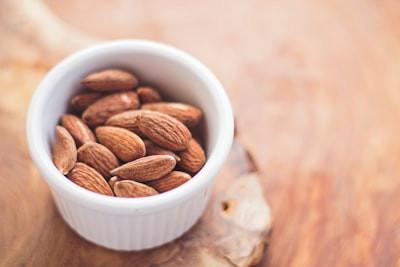The psychology of comfort food - why we look to carbs for solace
Curated from: theconversation.com
Ideas, facts & insights covering these topics:
3 ideas
·1.59K reads
2
Explore the World's Best Ideas
Join today and uncover 100+ curated journeys from 50+ topics. Unlock access to our mobile app with extensive features.
Emotional eating
Emotional eating occurs in response to stress, and in people who restrict their food intake.
Eating sweet and fatty foods may improve mood temporarily by making us feel more energetic and happier, but when comfort food becomes a habit, it comes at a cost, such as weight gain.
66
680 reads
Emotional distress causes overeating
Poverty is associated with psychological distress, including depression and lower mental well-being.
Employment insecurity, financial difficulty, and hardship due to a global crisis are more likely to turn people to emotional eating as a way of coping.
56
439 reads
When baking becomes a trend
The theme of baking has become strong on social media with hashtags such as #QuarantineBaking.
Research suggests there are benefits from baking, including boosts in socialisation, self-esteem, quality of life, and mood. Cooking alongside children may also promote healthy diets.
54
477 reads
IDEAS CURATED BY
Passionate tv nerd and lifelong web junkie. I love sleeping. Sleeping is a science and I study it.
Alexandra 's ideas are part of this journey:
Learn more about health with this collection
How to avoid email overload
How to organize your inbox
How to write effective emails
Related collections
Similar ideas
3 ideas
5 ideas
How Stress Can Cause Weight Gain
verywellmind.com
5 ideas
Why You Crave Carbs, Sugar, and Chocolate When You're Depressed
verywellmind.com
Read & Learn
20x Faster
without
deepstash
with
deepstash
with
deepstash
Personalized microlearning
—
100+ Learning Journeys
—
Access to 200,000+ ideas
—
Access to the mobile app
—
Unlimited idea saving
—
—
Unlimited history
—
—
Unlimited listening to ideas
—
—
Downloading & offline access
—
—
Supercharge your mind with one idea per day
Enter your email and spend 1 minute every day to learn something new.
I agree to receive email updates

